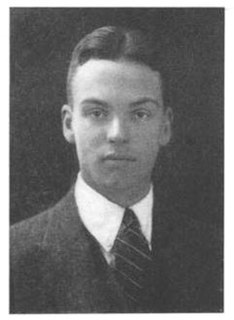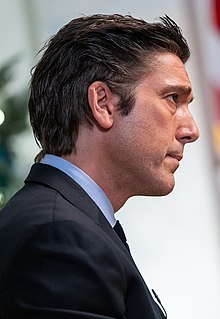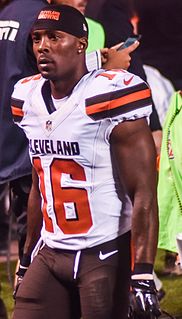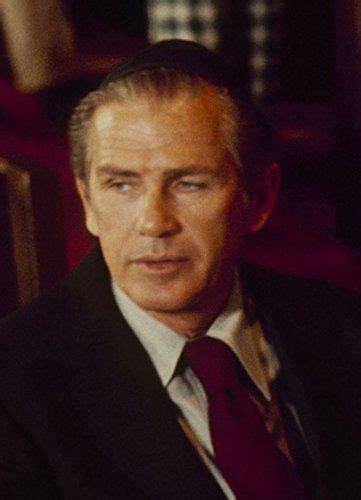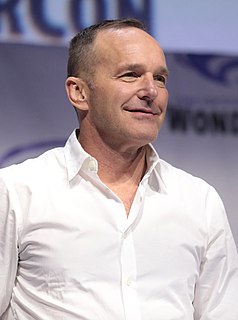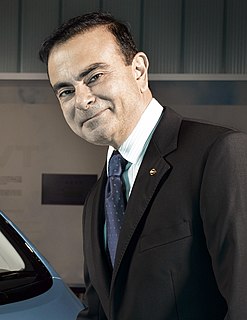A Quote by Ernest Gaines
We all have much more in common than we have difference. I would say that about people all over the world. They don't know how much in common that they have
Related Quotes
We have a common enemy. We have this in common: We have a common oppressor, a common exploiter, and a common discriminator. But once we all realize that we have this common enemy, then we unite on the basis of what we have in common. And what we have foremost in common is that enemy - the white man. He's an enemy to all of us. I know some of you all think that some of them aren't enemies. Time will tell.
Dubai was brilliant, they looked around the world. They saw Hong Kong, Singapore, New York, Chicago, Sydney, London all ran British common law. British common law is much better for commerce than is French common law or sharia law. So they took 110 acres of Dubai soil, put British common law with a British judge in charge, and they went from an empty piece of soil to the 16th most powerful financial center in [the] world in eight years.
All people in the world - who are not hermits or mutes - speak words. They speak different languages, but they speak words. They say, "How are you" or "I'm not feeling well" all over the world. These common words - these common elements that we have between us - the writer has to take some verbs and nouns and pronouns and adjectives and adverbs and arrange them in a way that sound fresh.
The EU might have become a large federal nation. But they would have had to do things differently. Number one, they would've had to make people feel like participants in a common project of autonomous law-giving. Much more political accountability, much more participation. That didn't happen, I think, because the movers and shakers were more concerned with economic union than political union.
Stephen Miller did one thing: He simply recited common sense. This is a common sense immigration bill. If there was ever a piece of common sense legislation, this is it. In this case, what Stephen Miller did was nothing more than common sense, and yet it was interpreted - it went right over their heads, the White House press corps, not just Jim Acosta and Glenn Thrush. It went over all of their heads because they didn't understand what he was talking about, either because of the fog of hatred they have for Donald Trump and his administration, or they are just ignorant.
How much can we ever know about the love and pain in another's heart? How much can we hope to understand those who have suffered deeper anguish, greater deprivation, and more crushing disappointments than we ourselves have known? Even if the world's rich and powerful were to put themselves in the shoes of the rest, how much would they really understand the wretched millions suffering around them? So it is when Orhan the novelist peers into the dark corners of his poet friend's difficult and painful life: How much can he really see?
CBT is really a miracle. I've seen it help a lot of people, and one of the reasons I'm speaking out is that I don't feel like enough people know it. Through my work, I constantly come across other people who have various forms of anxiety or panic - it's much more common, I think, than people realize - and not all of them even really know about CBT.
Common sense should tell us that reading is the ultimate weapon--destroying ignorance, poverty and despair before they can destroyus. A nation that doesn't read much doesn't know much. And a nation that doesn't know much is more likely to make poor choices in the home, the marketplace, the jury box and the voting booth...The challenge, therefore, is to convince future generations of children that carrying a book is more rewarding than carrying guns.


